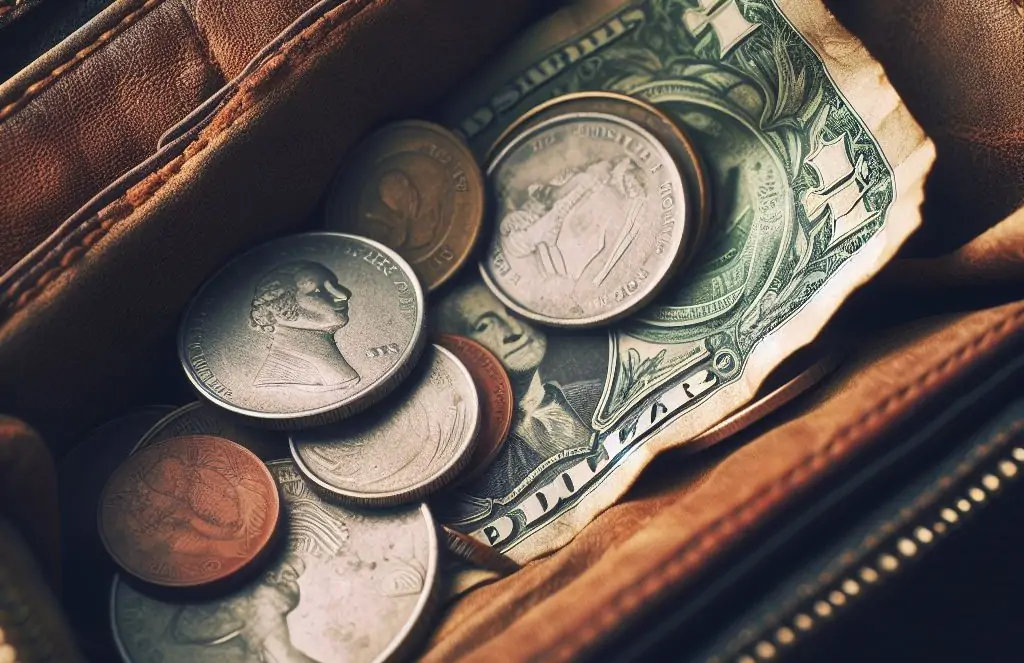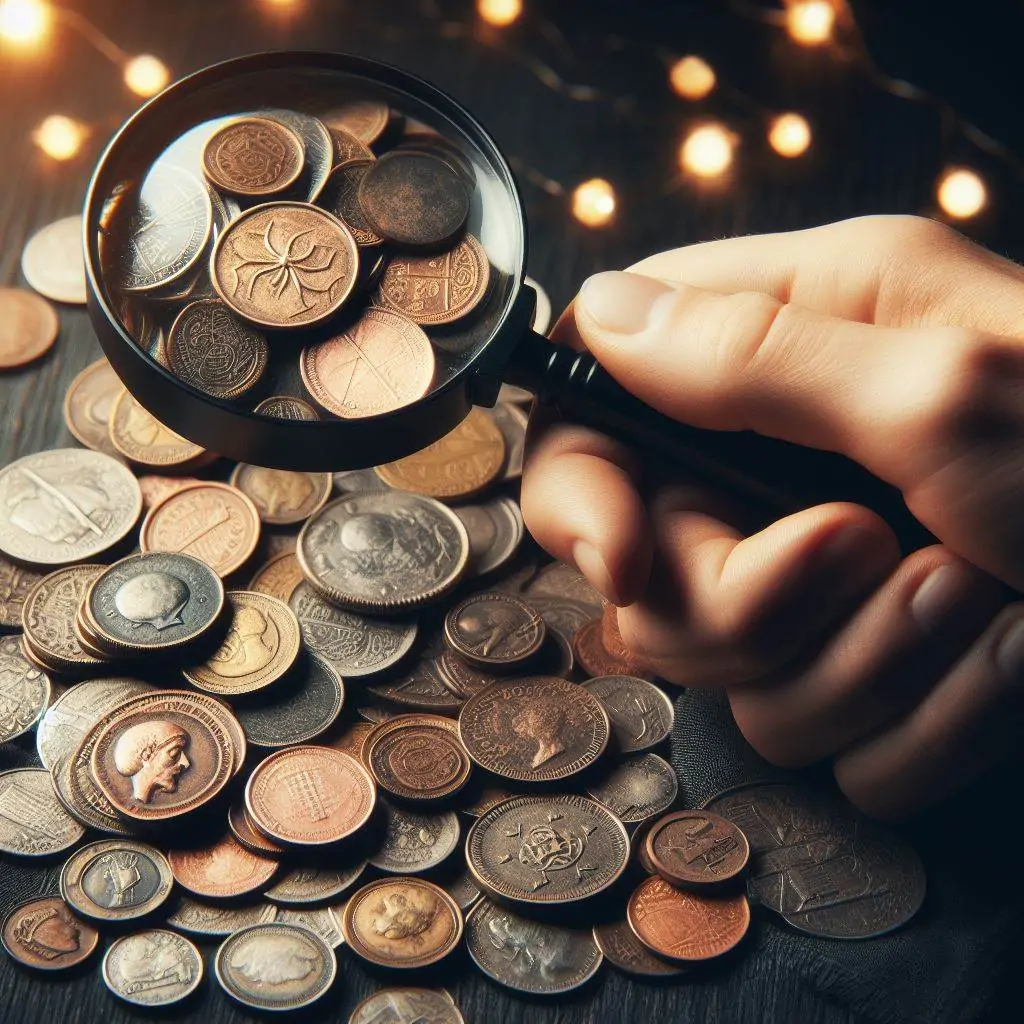Is it necessary to save money

Saving money
We are accustomed to our lives, but we do not realize that sometimes we overpay for some services or pay more than we should. Is it worth saving or not? It’s up to you, but I’m inclined to believe that you should save where you know what you’re doing or where you need to. In some things, you don’t need to save at all, because it directly affects your quality of life, your habits, skills and perception of the world. But there are also aspects that can completely empty your wallet. Save money!
If saving an extra 100-200 dollars is not worth it for you, then you better close this article. It will not bring you any benefit. But if you are ready to change your lifestyle a little bit and get extra money, this article is for you. I’ll tell you the basics of what you can save on and show you the right way to this simple process.
Why save money at all
This is your initial question, which will inspire you and put everything on the shelves. If you have a dream or want to save for a purchase, but your salary is limited, this is exactly what you need. You have the option not to save – don’t do it. Saving can have many different purposes and benefits for people. Here are some of the main reasons why people save:
- Saving for the future: People can save money to improve their financial situation in the future, thus building economic security.
- Targeted spending: By saving money, people can allocate it to their main goals, such as buying a home, car, education, or vacation.
- Avoiding financial crises: Saving allows people to have funds in reserve for unexpected expenses or emergencies, such as job loss or medical problems.
- Investing: Saved funds can be invested in a variety of financial instruments to generate income or capital growth.
- Less stress: Having a financial reserve can help reduce stress and improve your overall quality of life as you feel more confident about the future.
Overall, saving is an important component of financial health and can help people achieve their goals and provide stability in various areas of life. For these or similar goals, it’s worth simply rethinking some of the things you do.
What not to save on
This is important! You should not save on things that ensure your health and directly affect you. These are basic things that affect your health, mood, skills, and morale. I used to save money on this and didn’t pay attention to it, but now I realize that my comfort comes first. What you shouldn’t save on so that it doesn’t affect you in the long run;
- Medical care: Saving money on medical services and medicines can lead to poor health or insufficient treatment. In Ukraine, although healthcare is free, it is time-consuming (I think you understand what I mean). If you don’t need urgent medical attention, you can waste your time, but you can even get a free consultation or examination.
- Education: Investing in quality education can open the door to higher paying jobs and provide a more stable future, so saving on education can be disadvantageous.
- Quality of products and services: Reducing spending on the quality of products or services can lead to poor results or rapid wear and tear, which in turn can require additional costs in the future. This also applies to food.

A little more about what not to save on
Yes, this is a small but basic example. On shoes, clothes, food, cosmetics, workplace equipment (chairs, sofas), pillows, hygiene products. This list can be continued for a long time, but I think you all understand the main message. These are basic things that do not require saving, although it should be within reason.
Understand this message
I’m not saying that you should spend all your money on the things you need, but I’m just saying that you should choose quality products. It’s not that hard, there are a lot of video reviews, comments, and even more detailed descriptions of such products.
This does not mean that you have to look for potatoes for 50 hryvnias per kilogram; normal potatoes are just as good for 8 hryvnias. However, the quality of the product is important. For example, if you buy a pillow, it is better to buy one made of high-quality materials, avoiding synthetic or uncomfortable ones. You spend a third of your life with a pillow, although it does not affect you, it is your comfort. Or high-quality shoes that can serve you for more than one season and will not allow you to experience foot problems in 5 or 10 years. This information is about making a smart choice.
Saving is as much an art as earning money
Basic principles of saving your savings
The basic principles of saving include strategies and approaches that help you manage your finances effectively and achieve your financial goals. Here are some of the key principles of saving:
- Budgeting: Developing a budget helps you plan and control your financial spending. A budget allows you to allocate money to different categories of expenses, such as food, housing, transportation, entertainment, and savings.
- Financial saving: Setting aside a certain portion of your income for savings or investing helps ensure financial stability and builds a financial base for future goals.
- Minimizing expenses: Approaches to minimizing expenses include looking for discounts, avoiding unnecessary expenses, and limiting spending on unnecessary items.
- Stability and risk: It is important to maintain a balance between high-risk and low-risk investments, taking into account your financial goals and risk tolerance.
These principles help people manage their finances effectively and achieve financial stability and prosperity. But let’s talk about some aspects in more detail.
Keep track of your budget
To begin with, I would like you to pay attention to your attitude towards money. The best way is to keep records, a notebook, a mobile banking app, or an excel spreadsheet – it doesn’t matter. The main thing is that you are comfortable with it. It helps you to have control over your money. I’ve heard quite a few stories, like the salary comes, and then there’s no money at the end of the month, and so on, month after month. Tracking expenses can give you a starting point for analyzing where exactly you spend extra money. It can be extra things for the kitchen, or an updated unplanned wardrobe. Or buying unnecessary things (you find something cheap on Aliexpress, order it, and a month later you don’t need it anymore). A detailed calculation of all expenses can reduce your costs and understand the source of the most expensive part.
Don’t spend money on whims
Grabbing a coffee, buying a 10-dollar bag at a discount, or buying something you won’t need in a couple of days – for me, these are all whims. Perhaps if you want to keep warm or want to change your style, this is the right decision, but ask yourself several times if you really need it. Such little things can add up to huge amounts of money. If you can’t do without coffee, make it an exclusive pleasure, not a routine. After skipping a couple of drinks at your favorite cafe, you can enjoy coffee in a new way even the next day. Perhaps this example is scrupulous, but it is really effective. But if you do not feel comfortable even with such actions, then let’s move on to the next steps.
Plan your expenses
Plan to buy clothes, things, or gifts for your family and friends. Planning your expenses is a motivation to spend less. Knowing that in a week or a month you will have to spend a lot of money, you will involuntarily start saving. If you see the amount of money you need and a reserve for a future big purchase, it’s a good sign.
Weigh the pros and cons of spending
There is a principle for people to work freely and their salary depends solely on their work. No wonder they say that time is money. Pay attention to the things that surround us. For example, let’s take cleaning. Yes, it’s a boring process. Analyze whether it is better for you to spend this money on a cleaner because you will earn more during this time.
Or do it yourself. From my own example, I really like to repair. It inspires me and it’s my hobby. However, every time I analyze whether it is profitable for me to do it with a cool head. On the one hand, it may be, but on the other hand, the time spent on these repairs may cost me more than the money I earn. That is, if I spent time on repairs, I could have earned more or even bought this thing. Therefore, you need to analyze what is more profitable for you in any situation.
Scrupulous savings
This is the kind of saving that doesn’t make you feel bad, but it may look like a greedy person from the outside. But the purpose of such savings is quite different. It’s saving for your comfort and long-term planning. Simple math and a few parameters will add up to 10% savings to your budget, and maybe even more
Scrupulous saving is an approach to financial management characterized by special attention to details and details in spending, as well as restraint and caution in spending money. People who use this approach try to optimize their spending as much as possible, avoid unnecessary expenses, and use resources efficiently. The main features of scrupulous saving include:
- Attention to detail: Paying attention to even the smallest expenses and looking for opportunities to save money.
- Planning and budgeting: Scrupulous economists usually follow a strict planning and budgeting system to manage their finances.
- Reducing unnecessary expenses: They will avoid spending on unnecessary items and services by looking at each purchase from a pragmatic perspective.
- Utilizing promotions and discounts: Scrupulous economists often use promotions, discounts, and coupons to reduce costs.
- Do-it-yourselfers: They may choose to do some work or maintenance themselves instead of paying for it.
This approach can be useful for achieving financial goals and ensuring efficient use of resources. but it is also worth considering the balance between savings and quality of life, which is the most important indicator.

Save money wherever possible without unnecessary movements
Well, here we will take a closer look at the savings that are worth your attention and will not disturb your attitude to money and services
Smart wholesale
If you know that you need something in abundance and you have the opportunity to buy it in abundance, it will not go bad. This principle applies to almost everything in everyday life. From toilet paper to long-life products. I apologize for the example, but sometimes wholesale prices are very attractive than even discounts on single products. Perhaps this is not a good option if you have little money. but if you have minimal savings and have started to do reporting, you will realize that such savings in the long run can add up to extra money at the end of two months.
Market analysis and price comparison
Analyze what is being sold and what you are buying. It’s an obvious reason, but I know from my own experience that most people don’t notice it. I have seen and analyzed this in your experience. Once, for an experiment, I took one product and changed the price without changing the description or the name. For your understanding, people bought the same product both at a cheaper price and at a more expensive price. This shows that, firstly, advertising works, and secondly, people do not analyze prices. This is very evident on marketplaces in Ukraine, China, and anywhere in the world. There are identical products, but there are also reviews from those who overcharge for their products and those who lower it to a minimum. Therefore, if you want to buy a watch or an iron, look through all the possible options.
Be careful
Be very careful with the previous point, because sometimes there can be fraudsters behind a cheap price. Buy only on trusted sites or in trusted stores. Or by safe delivery methods.
Commissions eat up your wealth
Since I have quite a lot of experience using electronic money, cryptocurrency, and a bank card, my advice here is to look for the cheapest services and no fees. There are a lot of ways in this direction. Replenish your card without fees, pay for utilities, replenish your mobile account, transfer from card to card. These may be small things, but 3 payments once a month using a bank branch or Ukrainian post office will take from 40 to 200 hryvnias from your wallet (and this is not a joke). Nowadays, everything is digitalized and convenient. Pay only on the official websites of companies, where there is usually no commission.
Conclusions
Saving money is an important component of financial health and stability. It helps people ensure financial security, achieve future goals, and reduce the stress associated with financial difficulties. The principles of saving money include budgeting, saving money, minimizing expenses, investing, and increasing income. It is important to balance savings with needs and goals, and to consider each situation individually, taking into account the risks and possible consequences. Saving money can be an important resource for the future, but you should also keep in mind the quality of life and enjoyment of the present.
The general trend of saving money is not only about creating a financial reserve for future needs, but also about a cultural shift in consumption habits and financial priorities. Here are some additional findings on saving money:
- The influence of personal values: Personal values play an important role in savings decisions. Some people may prioritize material possessions, while others may prioritize experiences and relationships.
- Developing financial literacy: The practice of saving money contributes to the development of financial literacy, which is the ability to effectively manage finances, understand risks and take responsibility for financial decisions.
- Creating financial security: Saving money helps people to ensure financial security in unexpected situations, such as job loss or medical emergencies.
- Creating opportunities: The money saved can be used to create opportunities such as travel, education, or business development.
- Improving quality of life: While saving money may require some sacrifices, it can also lead to an improved quality of life, reduced financial stress, and financial independence.
In general, saving money is an important tool for achieving financial stability and realizing financial goals. but it must be balanced with the needs and values of each individual.